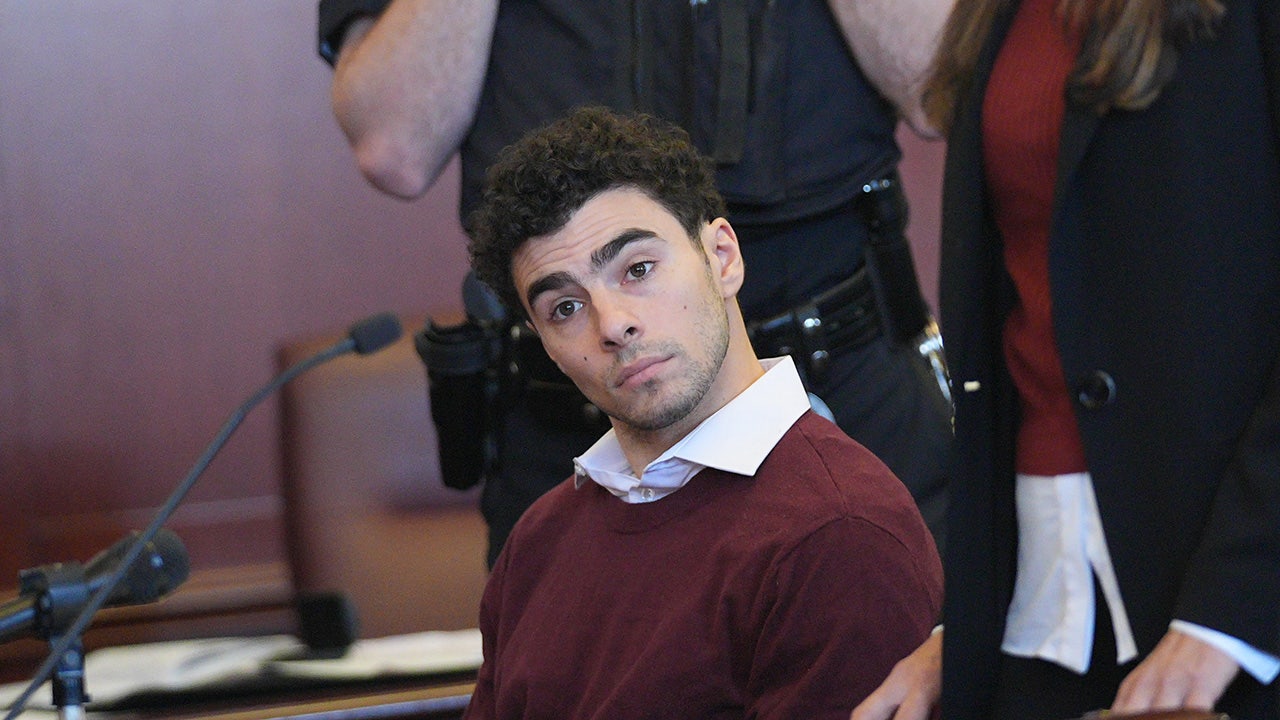United States
Luigi Mangione’s CEO murder case raises concerns activist jurors may ignore evidence

Introduction: A High-Profile Murder Case
The case of Luigi Mangione, a 26-year-old Ivy League graduate, has captured the nation’s attention as he stands accused of the murder of Brian Thompson, CEO of UnitedHealthcare. This assassination-style killing has unfolded into a complex legal and social drama, highlighting themes of vigilantism, corporate accountability, and the influence of public opinion on the justice system. Mangione’s background, complete with an elite education and a clean criminal record, contrasts sharply with the brutal nature of the crime, intriguing the public and sparking debates.
The Support for Mangione: A Modern-Day Robin Hood
Luigi Mangione’s defense has garnered significant public support, with over $500,000 raised for his legal fund. This outpouring of sympathy stems from a portrayal of Mangione as a crusader against corporate greed, particularly targeting the healthcare industry. Supporters view him as a symbol of resistance against systemic injustices, echoing sentiments found in the book "Delay, Deny, Defend." This narrative has led some to liken him to a modern-day Robin Hood, highlighting the emotional investment of his supporters who see him as a champion of the people.
Legal Challenges: The Battle for Jury Selection
The legal proceedings face significant challenges, particularly in jury selection. Mangione’s supporters’ strong ideological stance raises concerns about jury nullification, where emotions and beliefs could sway the verdict. Legal experts warn that while such cases are rare, the political climate and Mangione’s symbolic status as an anti-corporate figure could influence jurors. The defense and prosecution are anticipated to meticulously vet potential jurors to ensure an impartial trial, underscoring the tension between public opinion and judicial fairness.
Evidence and Prosecution: A Case of Premeditation
Prosecutors have presented substantial evidence indicating premeditation, including DNA, fingerprints, and a journal detailing plans to ignite public discourse on healthcare. Mangione’s actions, from stalking Thompson to using a 3D-printed suppressor, suggest a calculated approach. The recovery of bullet casings with messages like "defend" and "deny" further ties the crime to a broader ideological motives. These details paint a picture of a meticulously planned execution, challenging the defense’s narrative of a sympathetic figure.
The Crime’s Context: Ideology and Society
The murder has become a lightning rod for political discourse, reflecting public frustration with corporate practices, especially in healthcare. The book "Delay, Deny, Defend" serves as a catalyst for these discussions, with Mangione’s actions symbolizing a violent protest against perceived injustices. This context frames the case within a broader societal critique, where the line between activism and extremism blurs, and public sympathy for the accused highlights deep-seated frustrations with corporate power.
Conclusion: Broader Implications and Legacy
As the trial progresses, Luigi Mangione’s case serves as a microcosm of societal tensions, challenging the justice system’s ability to remain impartial in the face of public sentiment. The outcome will not only determine Mangione’s fate but also reflect how society navigates the balance between vigilantism and legal process. Whether Mangione is convicted or acquitted, his case will leave a lasting impact, underscoring the need for systemic change and the dangers of violence as a means of protest. This case, beyond its legal ramifications, becomes a testament to the power of public opinion and the enduring struggle for justice.


















